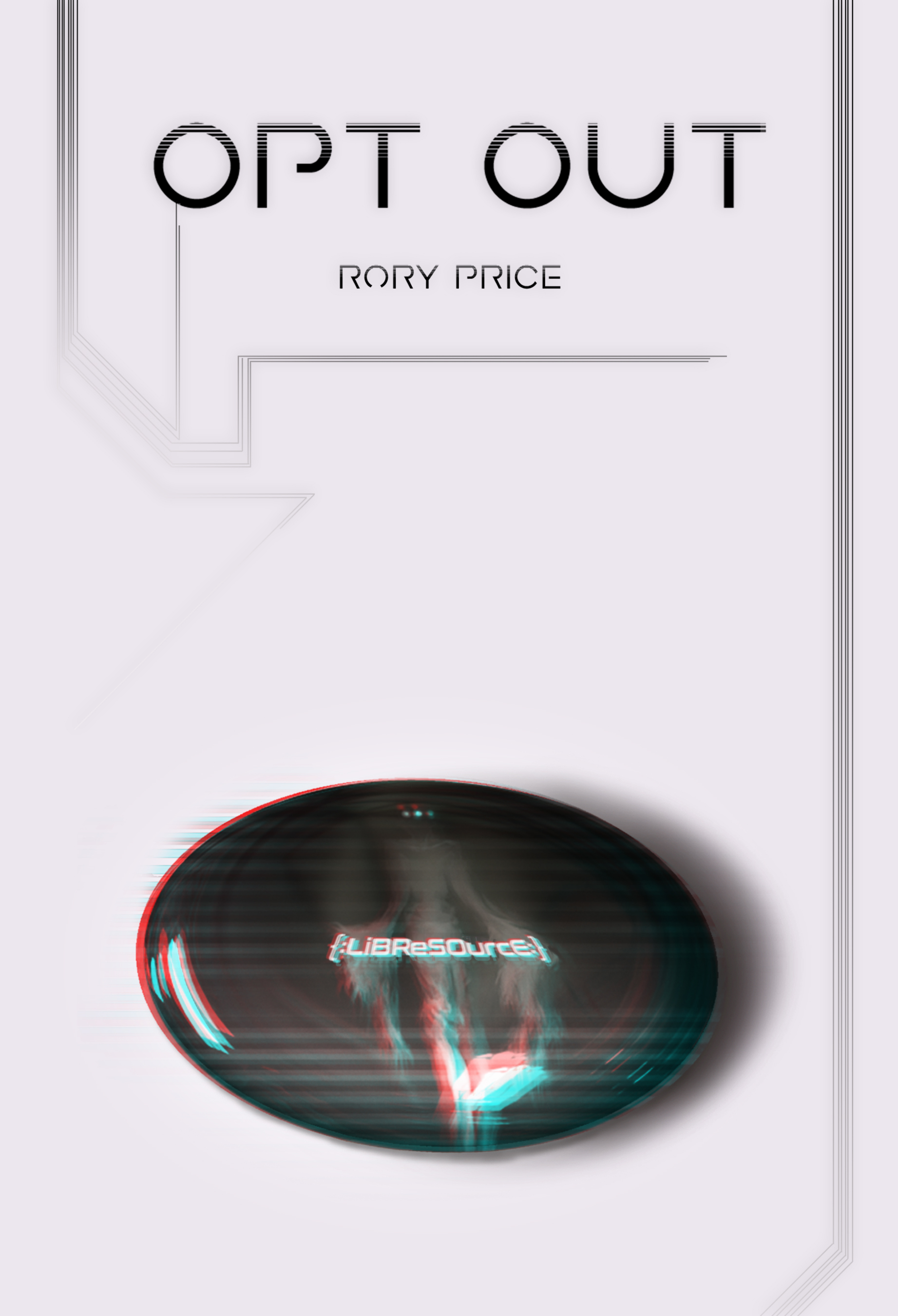Let's talk about characters. In many ways, characters are the backbone of any story. It's also something I put a lot of time into, so I might as well share some thoughts. Just like my criticism series, these articles are meant as guidelines, and shouldn't be approached as the absolute truth. In fact, I hope some of you disregard everything I say and make it work. Diversity is what creates great writing.
What makes a character interesting? Well, plenty of things, and there are multiples ways to go about it. We can enjoy characters because they remind us of ourselves, or because they represent something we'd like to be. Some characters are enjoyable because they give us a glimpse into a mindset completely different from our own. They can be clever, they can be misguided, they can be funny, serious, anything goes really. The one thing they should never be, however, is passive.
Now, I'm sure plenty of you have an example in mind of a passive character that worked. Like everything surrounding writing, nothing is set in stone and there are exceptions to every rule. I find it a good general rule of thumb, however, to give characters active goals.
Active goals drive a story forward. In short, they are conscious goals that characters take concrete steps toward. It can be as simple as getting a glass of water. The character gets up, walks to the sink, and gets a glass of water. Not the most interesting story, but something happened. The character wanted something, took actions to make it happen, and change happened as a result.
This still isn't very interesting though. Why? Because no one else was affected by this change. It didn't create conflict, or generate anything new. Let's give it a twist. The characters are within a severe drought. Our protagonist is pregnant and wants a glass of water, while another character is worried about wasting all their supply. This is more interesting to read, because there are consequences. I gave the protagonist a motivation to reinforce her active goal; she has a baby to care for. I also created a situation that gave another character an active goal that opposes the protagonists' goal. We have conflict, and we have a story.
Pretty simple, is it? It's still easy to forget. How often do we see protagonists receiving a mission from an authority figure and going through with it without much in the way of personal motivation? Or the classic: the antagonist working toward an active goal, and the protagonist only trying to maintain the status quo without personal objectives. These things can work, but they're just not as interesting. They create a situation where secondary characters tend to be more interesting than the protagonist.
So we know about active goals. What now? How do we implement them? There are countless approaches. For many writers, active goals just come naturally. A technique I like is to include active goals in my character design documents. I'll define a global goal that the character works toward within the story. I'll also define per chapter active goals. Ideally, every primary and secondary character should have an active goal for every chapter they appear in. They can share goals, and these goals can be mundane, but stories are about change, and characters should drive that change.
It also helps if different goals are layered. Let's go back to our water example with the pregnant woman. The two characters have conflicting goals, saving water at all cost versus the pregnant woman wanting an extra drink for the sake of her unborn child. What if we add a power struggle between the two? Or we could do the opposite, have them be brother and sister who promised one another that they'd stand together, only to have circumstances push them apart. This works because now, deep, conflicting emotions are tied to the active goals.
And this is what creates great characters. They're emotionally invested in their goals, and get the reader to be invested as well, either because we want them to succeed or want them to fail. Active goals aim at a vision of what things could be. They captivate the reader's imagination through the promise of change, while keeping the uncertainty of what that change will actually be. Active goals aren't universal, but the vision of a single character. A character who might be selfish, or lack all the information necessary to make informed decisions. We emphasize with them as readers because it's who we are. We're flawed individuals who seldom understand the world in its entirety, but are looking for ways to make it better for ourselves. Characters, however, are willing to go through great lengths to make that change a reality. Most of us aren't ready to go this far, and this is why we read books.


